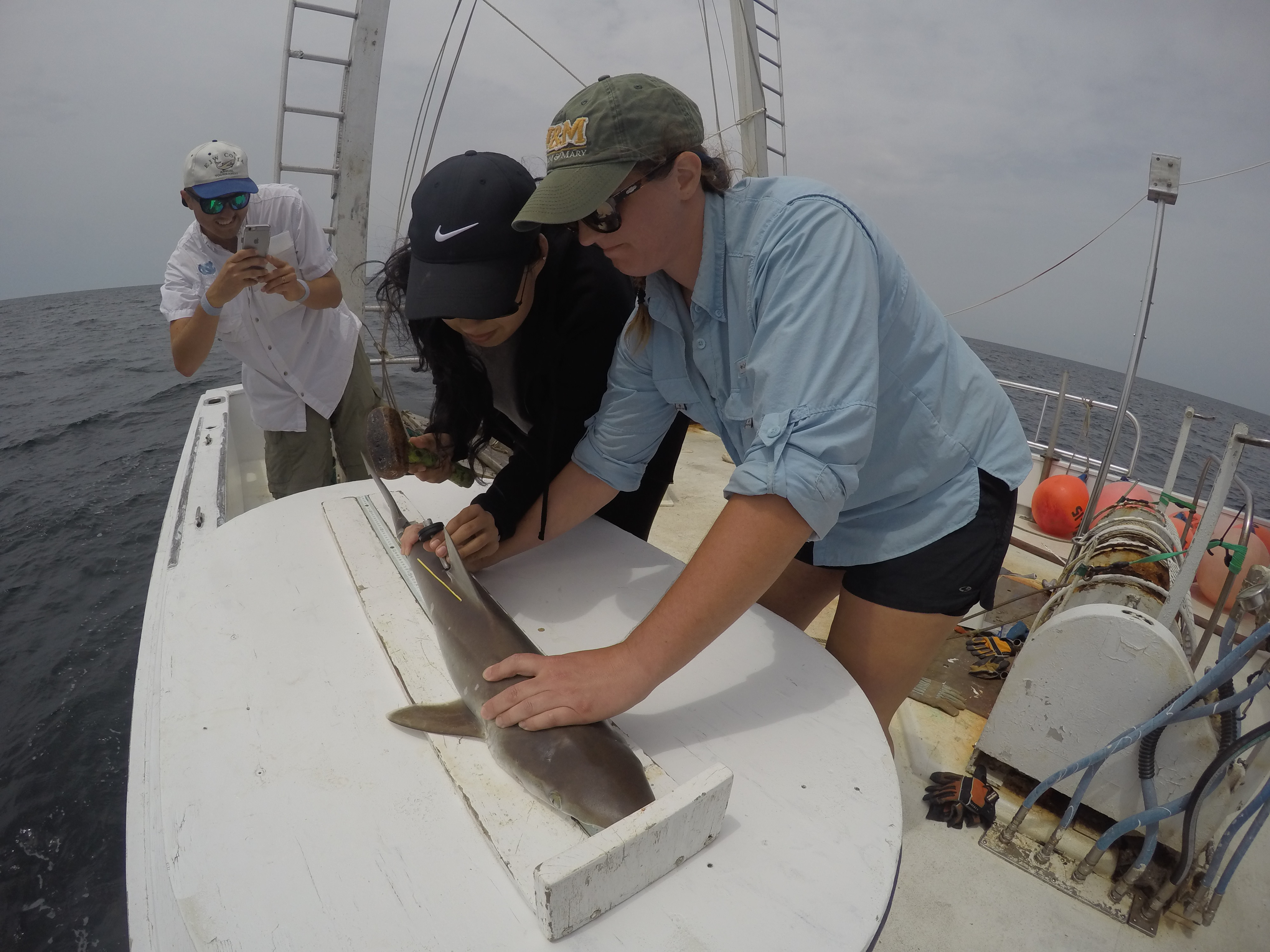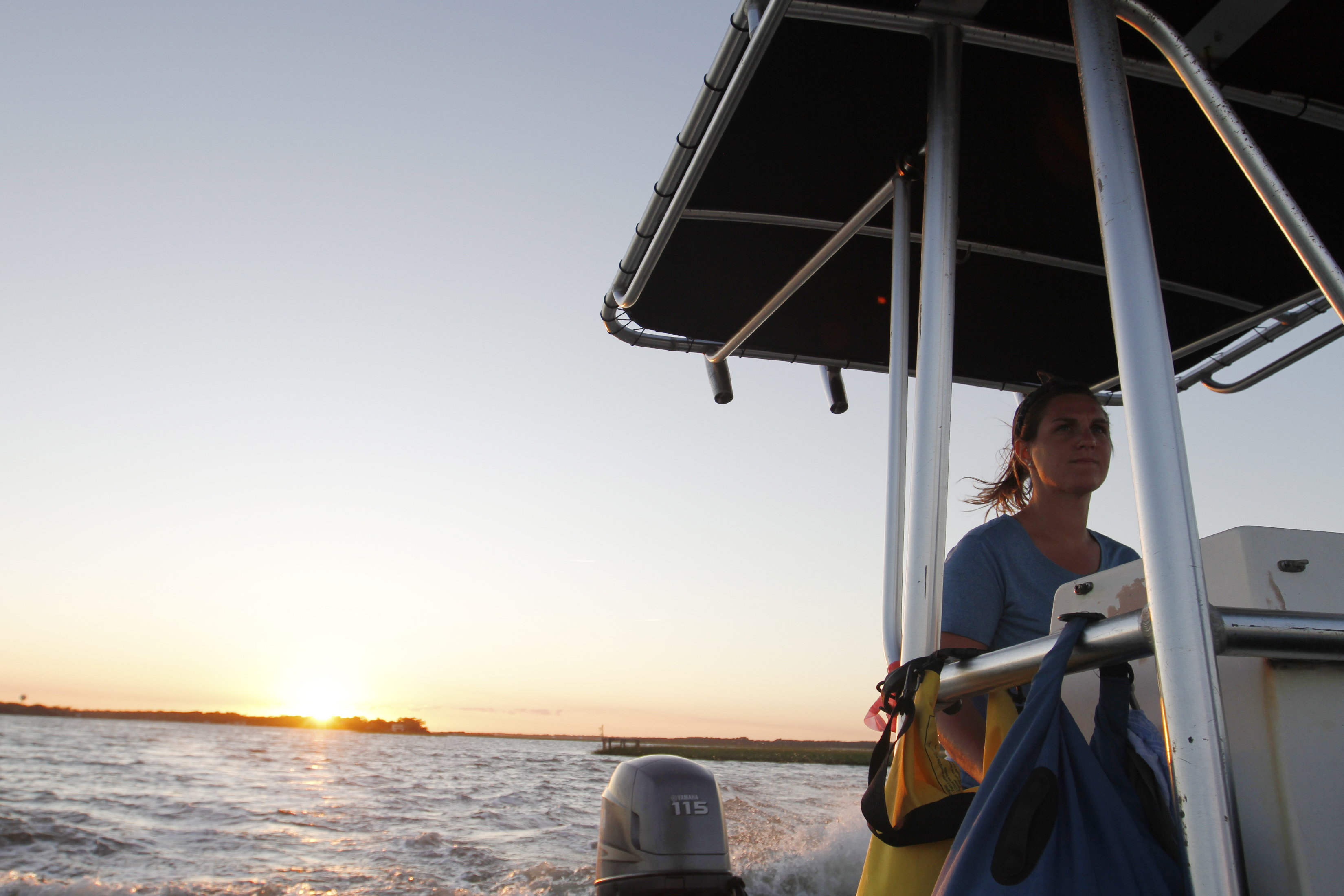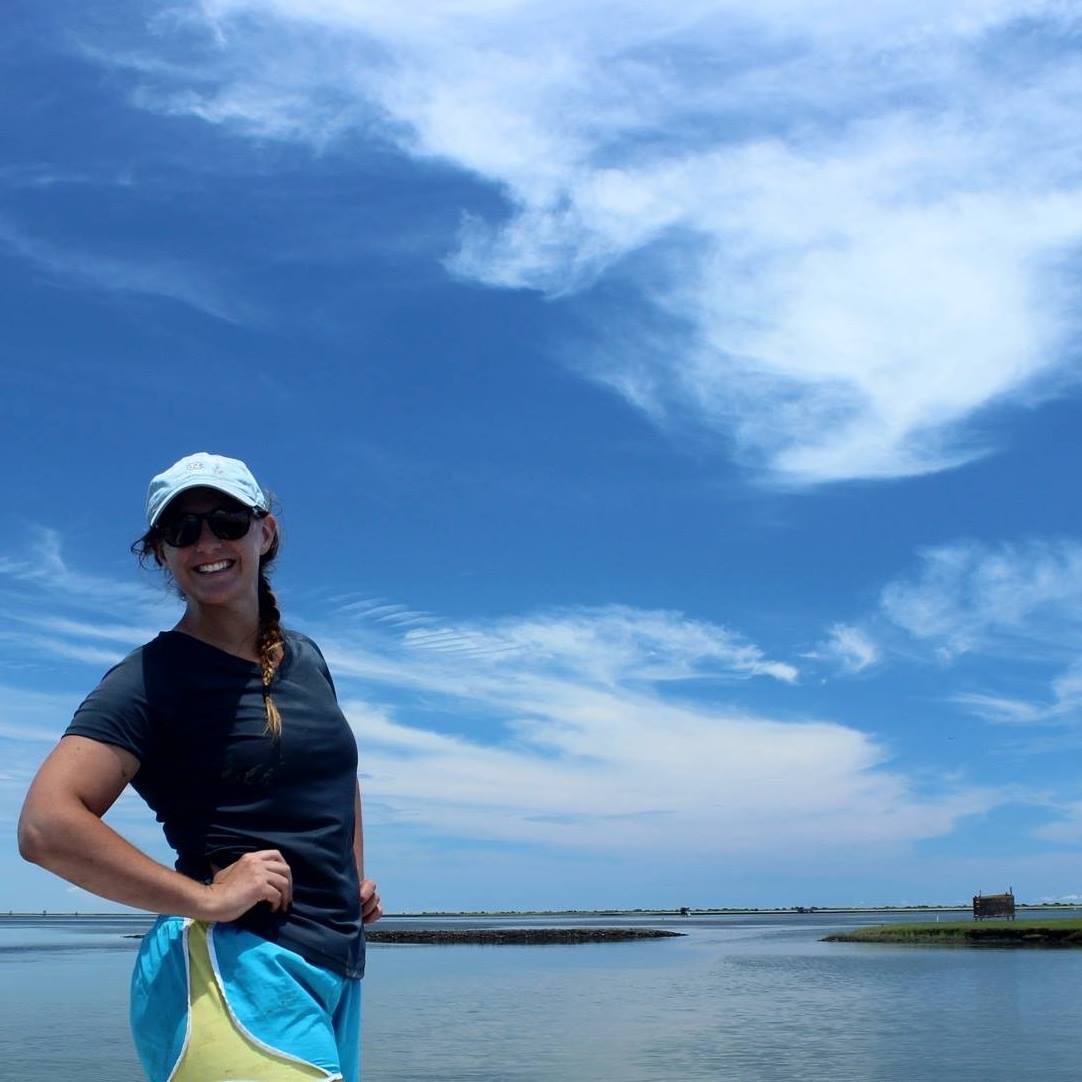Dr. Shelby L. Ziegler
Shelby graduated from the University of North Carolina at Chapel Hill - UNC Institute of Marine Sciences in 2020 with a Ph.D. in Ecology. Her Ph.D. work focused on salt marsh structure and function for fishes and crustaceans along the Atlantic and Gulf Coasts of the USA. Shelby’s interests include understanding how geographic and landscape-scale variation in a variety of coastal habitats (e.g. seagrass, salt marsh, kelp forests, etc.) influence community structure, species interactions, food-web dynamics and overall fisheries production.
Prior to graduate school, Shelby graduated from The College of William and Mary in 2013 with a B.S. in Biology. She conducted research with Dr. Jon Allen on how environmental stressors influenced the development of marine invertebrates. After graduation, Shelby worked as a research technician at the Virginia Institute of Marine Science, working with the Zostera Experimental Network, to understand variation in top-down and bottom-up processes that structure seagrass communities across the globe.
Shelby joined both the Fisheries and Conservation Biology and Ichthyology labs at MLML as a Postdoctoral Research Associate in the spring of 2020. She evaluated the performance of California MPAs in enhancing fish production in conjunction with both the California Collaborative Fisheries Research Project (CCFRP) and Benthic Observation Survey System (BOSS) project. She has since accepted another postdoctoral research associate position in the Byers Lab at the University of Georgia. In her free time, Shelby can be found mountain biking, hiking or backpacking with her pup, doing yoga, baking or curling up with a good book.
Check out her recent publication that used CCFRP data!
Ziegler, S. L., R. O. Brooks, S. L. Hamilton, B. I. Ruttenberg, J. A. Chiu, R. T. Fields, G. T. Waltz, C. Shen, D. E. Wendt, and R. M. Starr. 2022. External fishing effort regulates positive effects of no-take marine protected areas. Biological Conservation 269:109546. https://doi.org/10.1016/j.biocon.2022.109546




